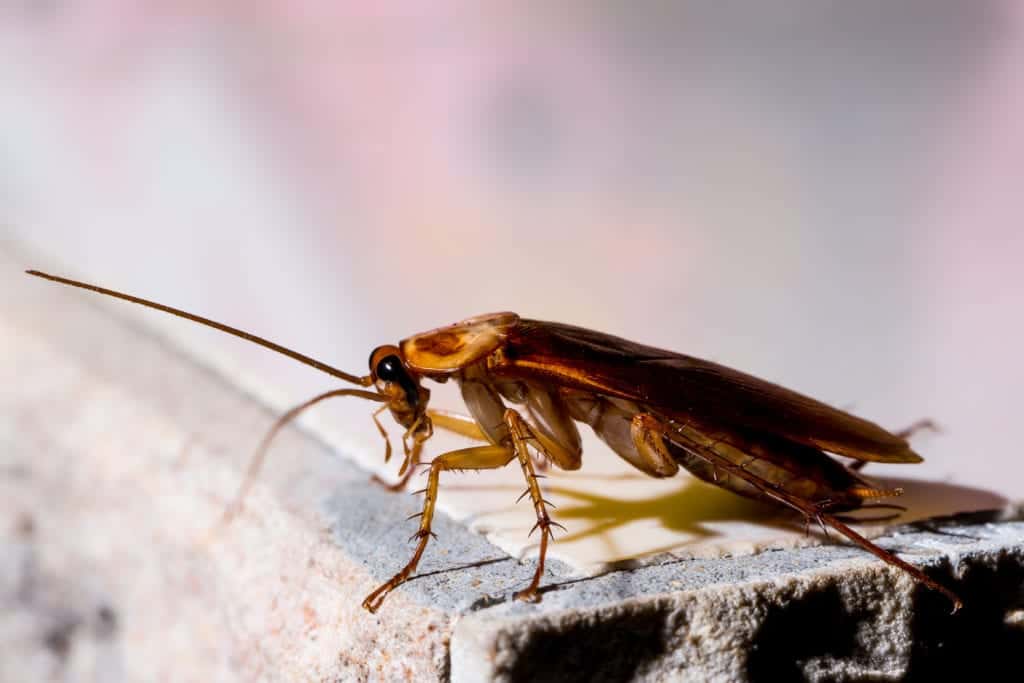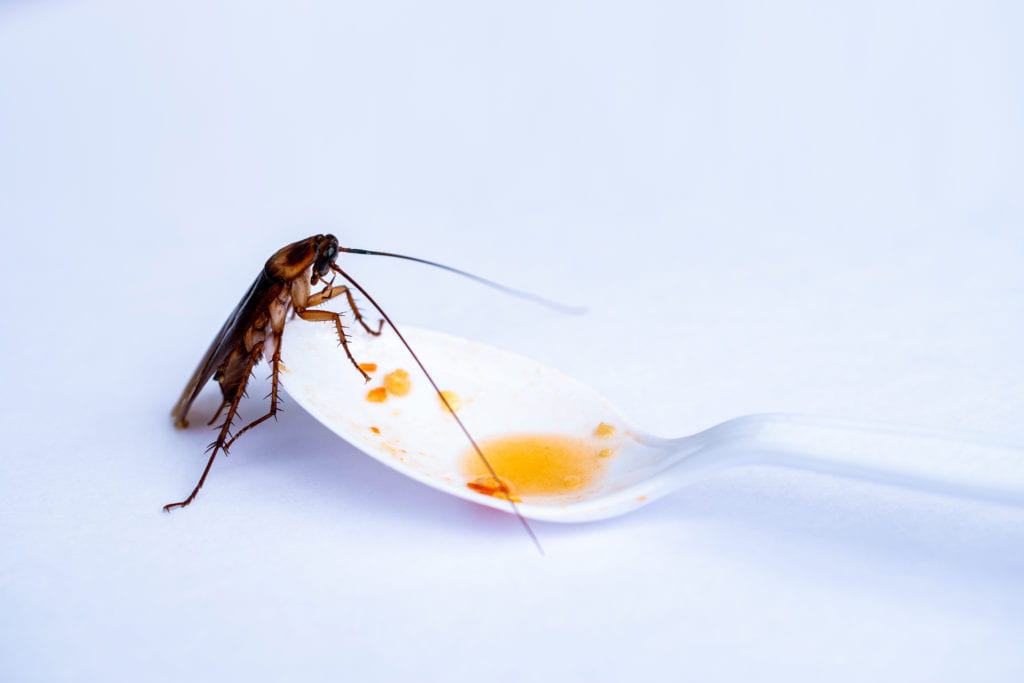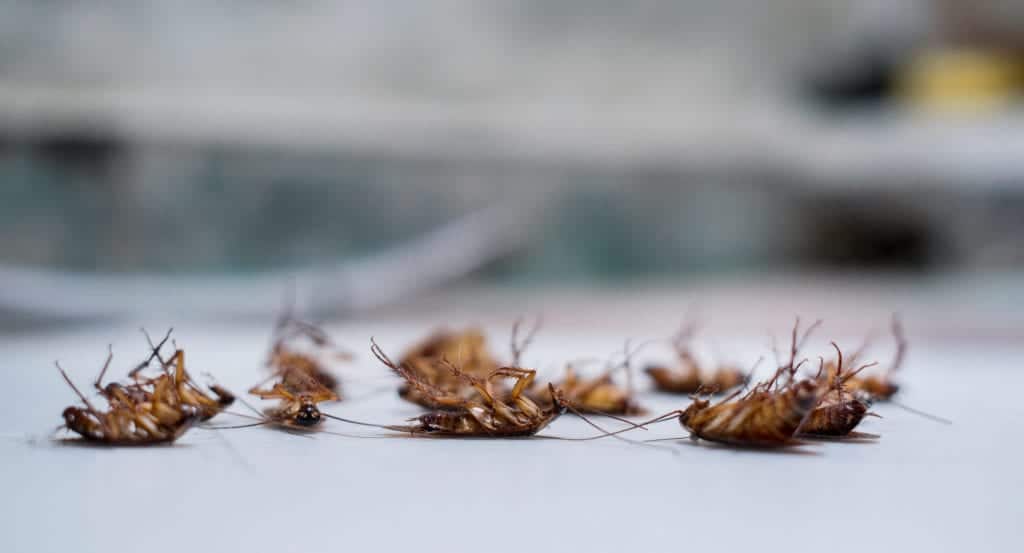Roaches Evolved to Avoid Our Traps
Roaches Evolved to Avoid Our Traps
Incredibly Resilient Creatures
Cockroaches are infamously resilient, durable creatures. They can survive without their heads, go weeks without food, consume almost anything as sustenance, and are even extremely resistant to nuclear radiation. They are also highly prolific breeders with a single female possessing the ability to produce several hundred offspring in a year. Being so populous and hardy, it’s not shocking to find that these insects have been roaming Earth for millions of years. In fact, evidence suggests that ancient cockroaches may have withstood several massive extinction events in history, allowing cockroaches to live amongst us today. In recent years, scientists have begun conducting studies regarding the shocking revelation that roaches appear to be undergoing rapid evolutions in order to avoid extermination. 
Rapid Evolution
In the 1980’s a revolutionary new trap was developed for combating invasive roaches. The trap involved a sugar-based bait that was laced with poison. Quickly, this innovative method proved effective in controlling roaches, however after just a handful of years, it became apparent that the trap was no longer working even though the cockroaches were still consuming the bait. Upon investigation, scientists uncovered the fact that, “some roaches had developed an aversion to glucose – the sugary bait disguising the poison – and that the insects were passing that trait on to their young.” Typically, an evolutionary change that creates lasting changes in generations takes about 1 million years, meaning that this change was astoundingly and unnaturally fast. In a recent study exploring this phenomenon, scientists provided roaches with access to a type of jelly that was full of glucose. Dr. Schal who worked on the project stated that they could, “see the mutant (meaning they possessed the evolutionary change) cockroaches taste the jelly and jump back – they’re repulsed. It behaves like a baby that rejects spinach.” Not only did the roaches seem to have an aversion to that particular kind of sugar – glucose – but they also displayed the learned behavior of avoiding the traps. With these clear adaptations helping roaches to survive, what can we do to prevent roach infestations? 
So, What Can We Do?
Thankfully, the extermination industry is continuously changing and adapting to provide the most effective, efficient, and safe pest control products and techniques. So, while it may be a process to eliminate roaches, our methods and expertise can certainly handle these nasty pests for you. However, although we may possess all the proper tools and experience to help rid you of roaches, as the one living with them, your help with the elimination process is vital for rapid and sure-fire success. The most important impact you can make is deep and consistent cleaning to removing any sources that may be attracting the pests to your home. This can include:
- Vacuuming, sweeping, and mopping
- Dusting
- Tidying up any areas of clutter
- Scrubbing down all surfaces
- Disposing of garbage outside of the home
- Pickup all pet food
- Make sure all food is sealed and not exposed
- Cleaning out cupboards, pantries, fridges, and anywhere else food might be kept
- Clean in areas that are rarely cleaned: under couches, behind the fridge, under/behind the stove, any voids, inside storage containers, in closets, etc.
- Make sure to run the dis disposal so food is not trapped inside
- **If cockroaches are present in your kitchen cupboards, it is also important to clear them out of all items including dishes, décor, etc. This is so that your technician can treat the cupboards without having to work around items or get treatments on the items.
At Pointe Pest, our technicians will work tirelessly with you to eliminate roaches from your life for good and your diligence with cleaning and sanitation can substantially accelerate the rate of success as well as improving overall results with roach control. Also, by maintaining this kind of clean and tidy home or business, you will effectively be reducing the chances of having another problem with roaches in the future. 
Citations
Kim, G. and Polan, S. (2018) Why Cockroaches Are So Hard To Kill, YouTube. Science Insider. Available at: https://www.youtube.com/watch?v=KKYJf2DL1FM (Accessed: July 2020). Potter, M. (2018) Cockroach Elimination in Homes and Apartments, The University of Kentucky College of Agriculture, Food and Environment’s Department of Agriculture. Available at: https://entomology.ca.uky.edu/ef614 (Accessed: October 2020). Schultz, C. (2013) Cockroaches Have Evolved to Avoid Our Traps, Smithsonian Magazine. The Smithsonian Institution. Available at: https://www.smithsonianmag.com/smart-news/cockroaches-have-evolved-to-avoid-our-traps-80808493/ (Accessed: February 15, 2021). Stanton, K. (2019) Could Cockroaches Survive a Nuclear Apocalypse?, Earth Sky. University of Melbourne. Available at: https://earthsky.org/earth/would-cockroaches-survive-nuclear-apocalypse (Accessed: May 2020). Uyeda, J. (2011) Lasting Evolutionary Change Takes About One Million Years, Oregon State University. Available at: https://today.oregonstate.edu/archives/2011/aug/lasting-evolutionary-change-takes-about-one-million-years (Accessed: February 15, 2021). Wu, K. (2020) Oldest Known Cave-Dwellers Are 99-Million-Year-Old Cockroaches, The Smithsonian Magazine. SmartNews. Available at: https://www.smithsonianmag.com/smart-news/99-million-year-old-cockroaches-are-oldest-known-cave-dwellers-180974284/ (Accessed: June 2020).
Request a Free Quote Today
(We do not share your data with anybody, and only use it for its intended purpose)


